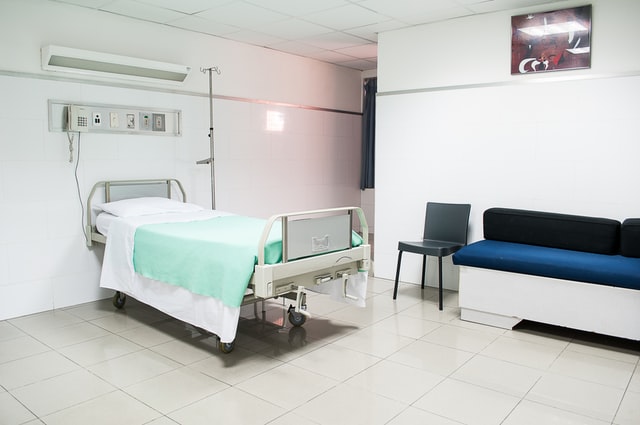The Western Cape has 13 405 active cases of COVID-19, with a total of 84 402 confirmed cases and 68 410 recoveries as of Saturday, July 18.
An additional 44 deaths have been recorded in the province since the last update, bringing the total number of COVID-19 related deaths to 2587.
The breakdown is as follows:

Data note: As we move closer to the peak, the Department of Health is recording over 1000 new cases daily, it is not possible to check and verify that the address data supplied for each new case is correct, within the time frames required to provide regular and timely updates. This means that in some instances, cases could be allocated to the wrong sub-districts. Work is being done to clean and verify the data and where errors are picked up locally, cases will be re-allocated to the correct areas.
More data is available here: https://coronavirus.westerncape.gov.za/covid-19-dashboard
10 day isolation period:
Last night, national Health Minister, Dr Zweli Mkhize announced that the country will be moving to a ten-day isolation period in line with WHO protocols. This means that if you are confirmed to be COVID-19 positive, then the period in which you must isolate is no longer 14 days and you should calculate the ten days as follows:
– Asymptomatic: As it is more difficult to estimate where in the virus cycle an asymptomatic patient is, the ten-day isolation period starts from the date that you tested positive.
– Mild symptoms: If you are experiencing mild symptoms, the ten-day period will be determined from the date you first started experiencing symptoms.
– Severe cases: Patients with severe symptoms who need to be hospitalised may share the virus for a longer period of time. The isolation period is therefore 10 days from when clinical stability is reached.
As more knowledge is amassed about the COVID-19 virus and how it behaves, recommendations and advice is being adapted.
“The new isolation times have been devised with scientific and clinical input, and are in line with international guidelines. Even though the period is shorter, I must stress that the process of isolating is no less important. Isolating is imperative to avoid spreading COVID-19 further and infecting your loved ones,” says Premier Alan Winde.
You can follow these self-isolation guidelines to ensure that you protect those living with you:
– Aim to stay in a well-ventilated room with a window that can be opened. Try to keep the window open as much as possible to enable ventilation and airflow as this will help to keep clean air moving through your room.
– Minimise the time you spend in shared spaces such as bathrooms, kitchens and sitting rooms as much as possible and keep shared spaces clean and well ventilated.
– Clean surfaces using household cleaners, or a mixture of bleach and water.
– Keep a separate set of cutlery and crockery for yourself.
– Your domestic waste must be double-bagged and stored in the sun for a period of 3 to 5 days before placing it in the general waste bin for collection.
– If during this time, you experience shortness of breath, then you must seek medical attention.
“If you are not able to do this, or if you share your home with elderly relatives, or anyone with an underlying illness, it is best to go to one of our quarantine and isolation facilities. You can find out more information about these by calling our hotline on 021 928 4102,” adds Winde.
Mandela Day message for healthcare workers:
“Today as we celebrate Mandela Day, we must send a special thank you to all of the men and women on the frontlines of our healthcare response, who have dedicated themselves to helping others every single day. To the nurses, doctors, porters, cleaners, technicians, and all of the people in our healthcare system, thank you for your kindness, your care and your service to the people of this province,” concludes Winde.
Picture: Unsplash

